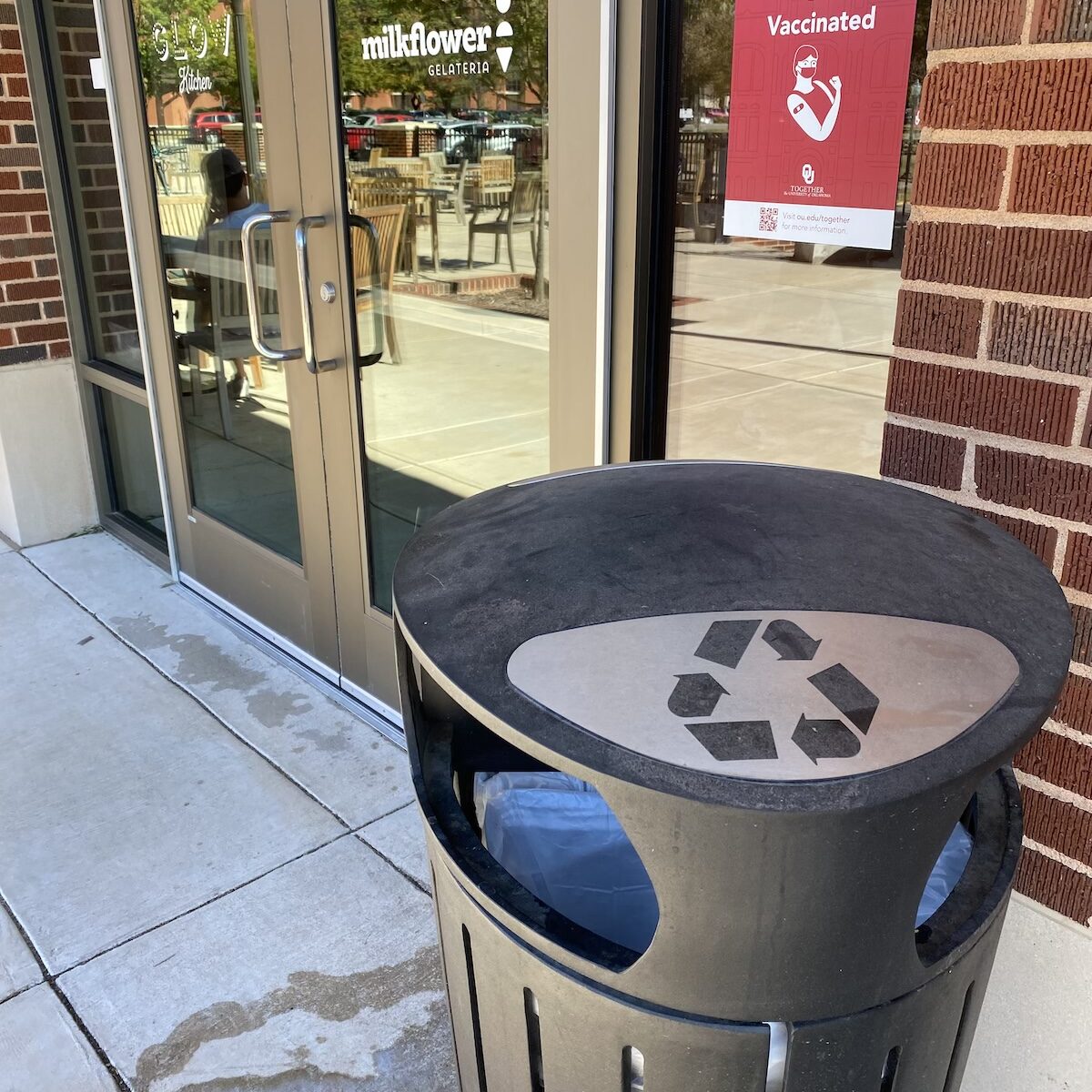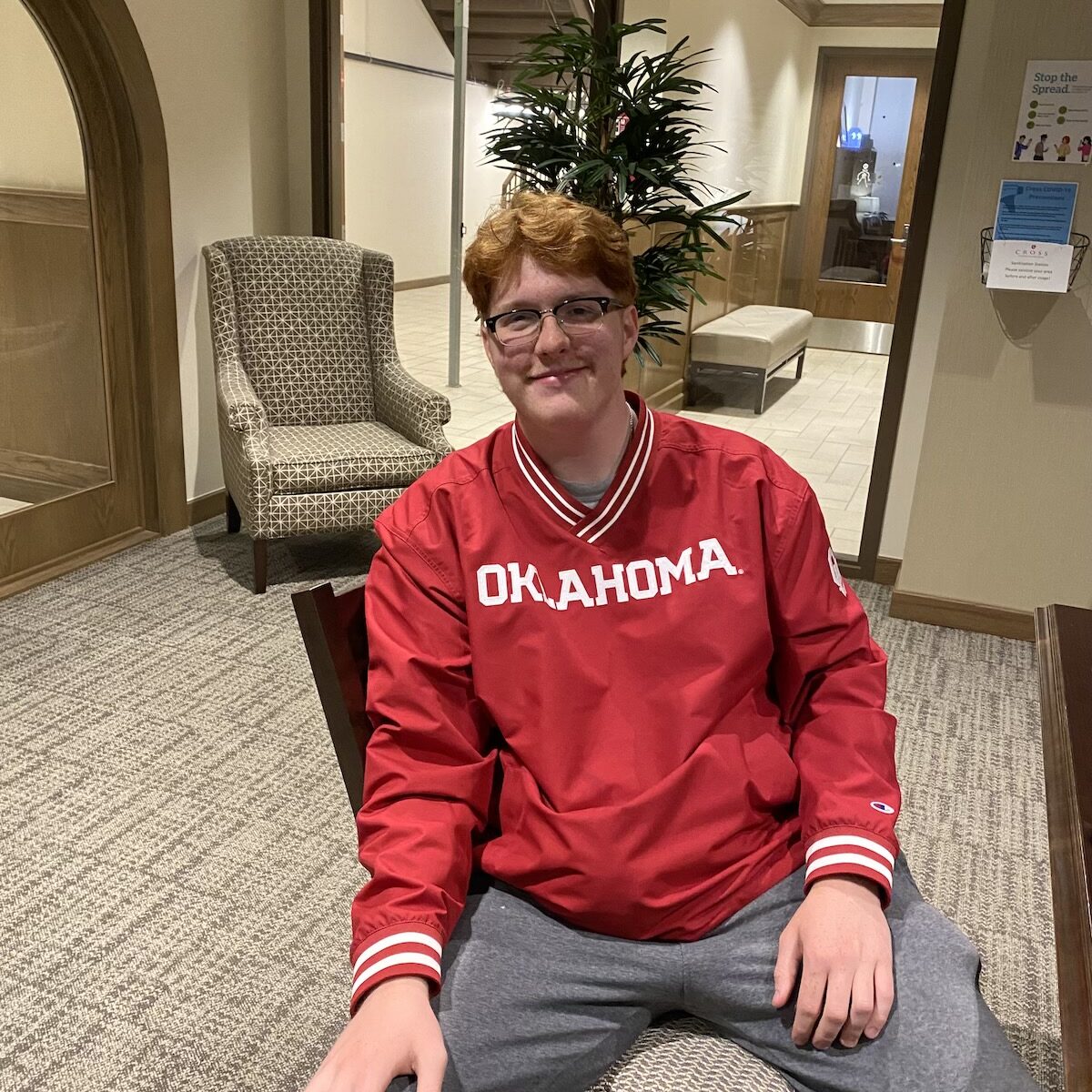Last night, the SGA Superior Court heard an appeal regarding the recent election for student body president. The Castellano-Hepburn campaign brought forward questions about the campaign expense report presented by the Lissau-Akuffo ticket. Zack Lissau won the election for student body president. However, there were concerns that his campaign video, though produced by another student, should have fallen under the category of a professional service. If this was determined to be true, the video should have been accounted for on the expense report. This conflict raised questions about the lack of specificity in the campaign rules and codes. It drew attention to issues that need to be dealt with in the future.
Samantha Akuffo presented the arguments for her campaign, and Zack Lissau defended himself. The election commission chair, Isaac Kabrick, also spoke before the court. Several people from the SGA congress shared their thoughts on the court proceedings.
Congress Vice-Chair Sidney May gave her opinions on the validity of the case.
“I think that there was valid concern, and I do think that everybody deserves to have their concerns heard, especially in this context where it is reasonable a question that needs to be clarified.”
The Castellano-Hepburn campaign brought forth their complaint after the time for appeals had already expired. This complicated the situation a little. The election commission reviewed the issue and decided that no penalty needed to be brought against the Lissau-Akuffo campaign. This is how the appeal ended up before the court.
“The timing of the petition did cause some issues with it being late,” Sidney explained. “However, it was heard, and now the question will be answered which is the most important thing.”
Sidney agrees that there is a need for clarification. She said she does not believe the motivation behind the appeal was to overturn the election.
“I think if that was an overall outcome of this petition, then it wouldn’t have been upsetting to [Castellan]. However, I think the clarification was just as important.”
Hepburn presented the argument that the Lissau-Akuffo campaign had knowingly exploited the lack of clarification in the rules to get around adding the video to the expense report. Lissau’s defense mostly centered on trying to explain why the video should not be considered professional.
Both tickets represented themselves before the courts. The chief justice acknowledged the fact that neither side had experience presenting legal arguments. It was good to appreciate this and to recognize the effort that went into correctly addressing the situation.
Sidney concurred that this was a big undertaking, but did not believe it was an unreasonable challenge.
“Whatever side you’re on, if you’ve done your duty to be honest and fair with your campaign, you shouldn’t have any reason for worry,” she said.
Nevertheless, both sides were lacking in a few of their arguments.
Lissau had trouble sticking to a single definition of “professional”. This made his argument difficult to follow.
Congress Chairman Crispin South shared his observations concerning this.
“I think Samantha’s definition of professional services was better than the definition offered by Zack simply because it was backed up by logic. Zack’s definition changed many times over the course of the hearing to the point where it was not coherent.”
Samantha Hepburn, on the other hand, did not get the chance to fully clarify what her campaign meant when it accused the Lissau-Akuffo ticket of “exploiting” the rules.
Crispin described this as “a bit of a hole in the argument”.
“I think they would have defined it further if they had time,” he noted. “I think as far as the oral arguments go they did not really have a solid definition of exploitation.”
One important question is whether the Lissau-Akuffo campaign was intentionally going around the rules. Sidney does not believe they were.
“Quite frankly, I think it could boil down to the vague nature of the code.”
She noted that Zack is very well versed in the code, and she believes he is smarter than to try to take advantage of it.
Though this appeal was an exception in the fact that it was presented before the court, Sidney pointed out that there are often disagreements in any given SGA election.
“[It] is full of ‘let’s file every single infraction under the sun to make sure nobody gets away with anything’.”
The hope is that the appeal will initiate effective changes to avoid conflict in the future. Crispin discussed the points Election Chair Kabrick brought up.
“I think he pointed out a lot of issues with current law and pointed to plenty of inadequacies which currently exist within SGA elections.”
The court could clarify these issues, Crispin noted, but ideally, the situation will bring about legislation within congress that will offer a solution.
The hearing itself was a big deal. There has not been one like it since 2013. The issues have been made known. Now the decision rests with the court.



